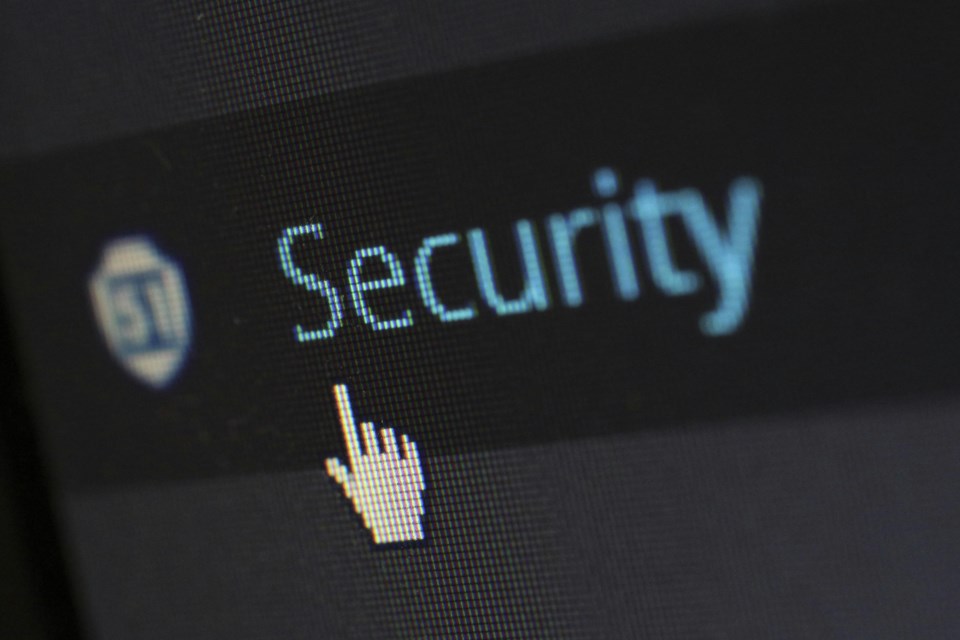A state-led investigation has been initiated in response to a recent data breach that affected Colorado's voting systems, which has prompted apprehensions regarding the security of elections.
Officials and cybersecurity experts reacted to the hack, which was initially discovered in late October and involved the unintentional release of private voting machine passwords.
To restore public trust in the integrity of the election, state officials now want to explain the effects of the event.
Investigation of Colorado Voting Security Breach
The Denver District Attorney’s Office has launched an investigation into potential violations of election law after the Colorado Secretary of State’s Office mistakenly made passwords for voting systems publicly available.
The alleged breach has led Denver’s office to involve the 4th Judicial District Attorney’s Office in Colorado Springs, underscoring the gravity of the issue.
The investigation began after state officials learned that sensitive information was accidentally published on the Secretary of State’s website.
This incident, which became public knowledge on November 8, involved a spreadsheet that contained passwords to voting systems used statewide.
The unintentional exposure has prompted calls for stronger measures to prevent future incidents of this nature.
Details of Password Leak and Timeline
According to officials, the voting system passwords had been accessible to the public since October 24, though it took until November 8 for the exposure to be officially identified and addressed.
The passwords were listed on a "subpage" of the Secretary of State’s website, where they remained available for around five months before being discovered.
34 of Colorado's 64 counties were affected by the breach, which prompted apprehension regarding the potential adverse effects on election security.
Nevertheless, by October 31, the Secretary of State's Office had reset all affected passwords, allegedly safeguarding all voting apparatus and making sure there were no interruptions to operations.
Despite this oversight, the authorities continue to reassure the public about the security of the election systems.
Colorado Secretary of State’s Response
The Secretary of State's Office promptly reached out to the Department of Homeland Security (DHS) to provide support in monitoring the situation in response to the incident.
According to the office, DHS participation would add an extra layer of security and oversight to keep people from getting into the voting machines without permission.
Jack Todd, the communications director of the Secretary of State, confirmed that the credentials were made public as a result of an accidental error by a department employee.
The employee who caused the accident "amicably left the department" prior to the error being identified. The office immediately notified federal officials to keep things open and improve election safety.
Security Measures and Public Assurance
State officials emphasized Colorado's multi-layered election security measures in order to reassure the public.
In Colorado, voting machines are kept in secure buildings that are video surveillance 24 hours a day, seven days a week, and staff ID badges are needed to get in.
The risk of unauthorized interference is substantially mitigated by these measures.
Additionally, Colorado needs two distinct passwords for each component of the voting system, each of which is kept separate and is controlled by a different employee.
Chris Krebs, a former DHS official and cybersecurity expert, said that these controls lessen the technical effects of the breach.
This shows that while the leak was unfortunate, it doesn't pose a major threat to the integrity of Colorado's election processes.



